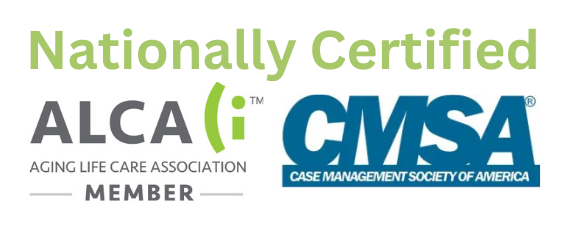In the New York Times article, “This Was Not the Good Death We Were Promised,” Karen Brown talks about how she cared for her father who was dying from pancreatic cancer. While she was sad that there were things she could not promise him, she felt that she could as least promise him a painless death.
At 83, he had lived a good life. Brown and her sister wanted him to have a good death. To that end, she hired an in-home hospice agency to help her family and her father make his final journey.
At first, things went well. The family was able to spend precious time with their beloved father and grandfather. He was at home. Caretakers were in and out three times a week to wash him and make breakfast. A nurse, who doubled as his case worker, checked in once a week.
At first, his pain was tolerable. Oxycodone seemed to work, which was good since it was the only painkiller the family had been given to help him.
In the end, however, when the dying man’s pain spiked, the oxycodone was not enough. The family tried desperately to get a doctor to come to the house. Calls to the hospice switchboard did not help. The nurse’s phone was off.
What followed was an unnecessarily painful death. While it is likely that the agency and the staff had good intentions, the lack of staff and the lack of foresight meant that the family was left to fend for itself when they most needed help.
This story is not unusual. No-one can guarantee a totally painless death. Neither medical specialists nor hospice workers can ensure that a person’s exit from this life will be painless. But this family was told that a palliative expert would be at their father’s bedside if and when he needed one. What they were not told was that this particular end-of-life service was conditional on staffing levels.
It seems that many hospices, based on idealistic, noble principals of dignity in death, have been stretched thin and begun to fall short of their original mission. Many of the Medicare-certified agencies within the United States are part of larger health care or corporate systems. Because of this, there is constant pressure to keep profit margins up.
Health care is big business in the United States. As the number of for-profit hospice providers grows, it’s possible that this is an incentive for some hospices to be understaffed nighttime and weekend shifts. Dying, however, does not recognize nights and weekends.
Possible solutions include more transparency early on, informing people that the geriatric care manager or hospice organization will do everything it can to have someone present when needed, but that this does not always happen, and better training for family members on how to handle the end of their loved one’s life.
Answers will come from consumer advocacy and more rigorous regulations from Medicare. But the fact is that over 1 million new Medicare patients enter hospice care yearly. That number will only grow as the current, large senior population in the United States increases.
In the end, the family of this man decided that hospice was still the better option compared to dying in a hospital. An impersonal death, with someone who you have just met, seems unduly lonely. So, the consensus of this family is that their father, though the very last day was difficult, was better off and more comfortable in his home tended by his children.
A new government-sponsored website, Hospice Compare, is working on including ratings of different agencies with the goal of inspiring better care. This will help you to perform research before settling on hospice care.
If you would like help managing the death of a loved one, consider us. Our mission is to collaborate with families as they address the changing needs of their aging parents and relatives, helping them to identify immediate and long-term needs. We coordinate and augment services for the elderly including those of hospice providers.
We strive to effectively coordinate resources to satisfy the immediate and long-term care needs that your loved one faces as a result of aging and/or disabilities. For thoughtful, professional, respectful care provision, get in touch with us at Specialized Care Management today.






